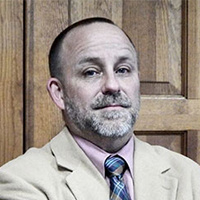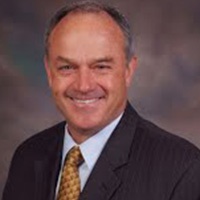Upper Black Eddy Felony Lawyer, Pennsylvania
Sponsored Law Firm
-
 x
x

Click For More Info:
Call for Free Consultation
-
Law Offices of Christopher Bokas
20 West Third Street Media, PA 19063 » view mapCriminal Defense, DUI, Felonies, Misdemeanors Why Christopher Bokas?
At Law Offices of Christopher Bokas, we offer services in Criminal Law and Bankruptcy Law. With over 35 years of experience in the field I can help you.
800-997-6550  Christopher Bokas Media, PA
Christopher Bokas Media, PAAttorney At Law - PA, 1975
University of Baltimore School of Law
Paul M. Aaroe
✓ VERIFIEDPaul M. Aaroe, II, Esquire. Over 30 years of experience. Personal and professional services. Son of Superior Court Judge Paul Aaroe. Dedicated ... (more)
Zak Taylor Goldstein
✓ VERIFIEDZak Goldstein is a Philadelphia criminal defense and civil rights attorney. Zak Goldstein has experience trying hundreds of cases before judges and ju... (more)
Michael J. Reed
✓ VERIFIEDMichael Reed practices law in Pennsylvania. He attended Villanova Law and have practiced for more than 25 years in Chester County. The cases have been... (more)
Robert Charles Patterson
FREE CONSULTATION
CONTACTSteve Edward Jarmon
FREE CONSULTATION
CONTACT

 Christopher Bokas Media, PA
Christopher Bokas Media, PA



